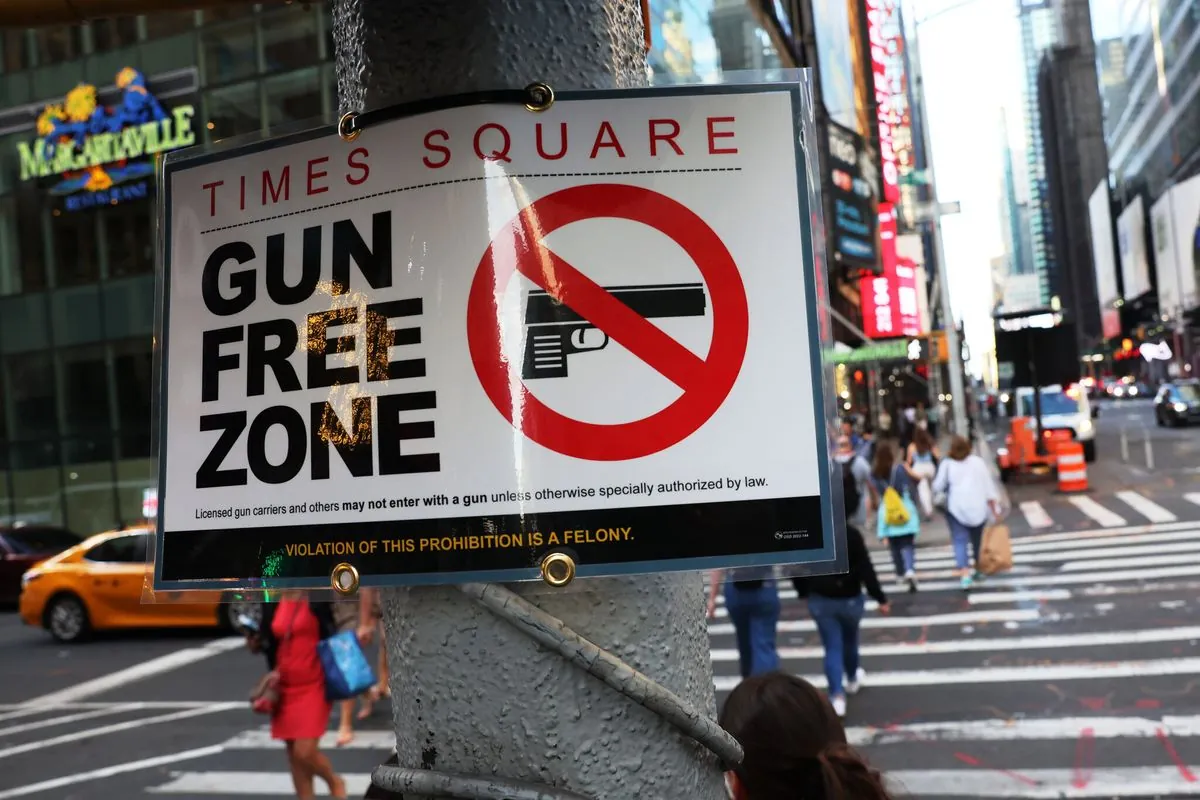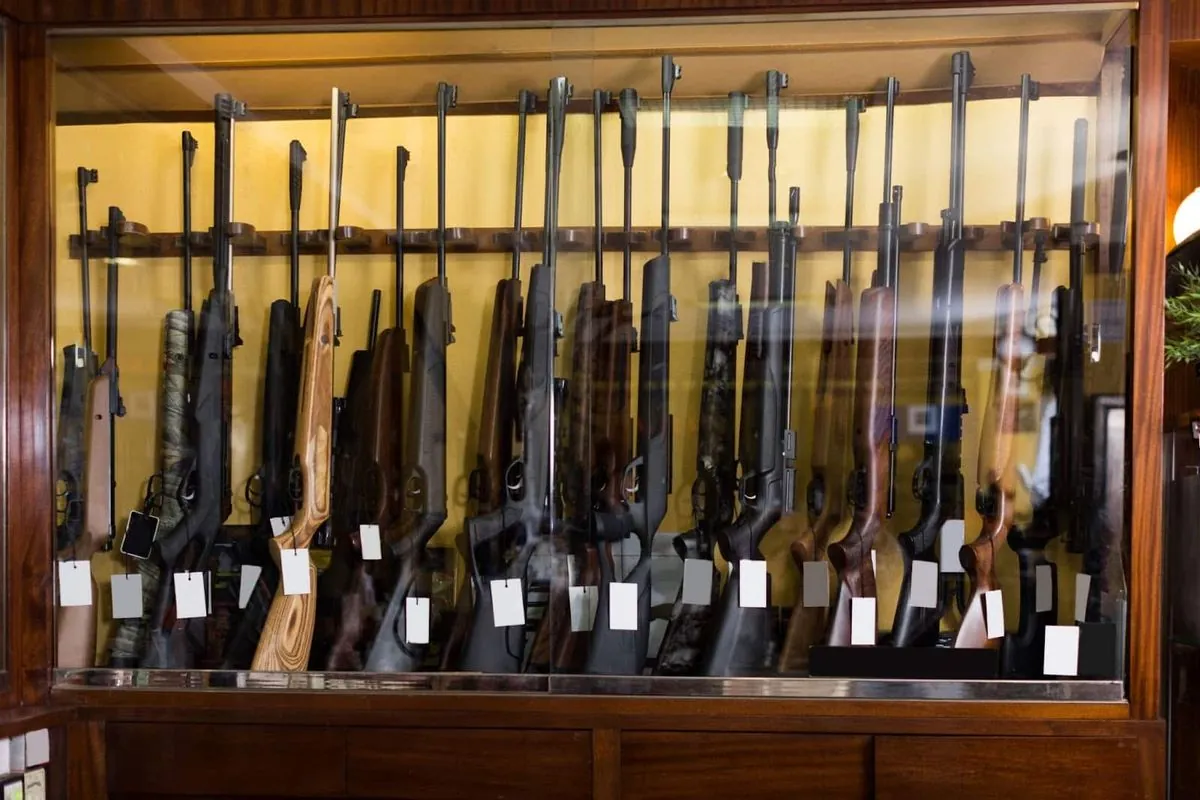Federal Court Likely to Uphold Massachusetts' Semiautomatic Weapon Ban
A federal appeals court appears poised to maintain Massachusetts' ban on AR-15s and other semiautomatic weapons, challenging arguments that the law violates Second Amendment rights following recent Supreme Court rulings.

In a recent development, a federal appeals court in Boston seems inclined to uphold Massachusetts' prohibition on AR-15s and other semiautomatic weapons. This stance challenges assertions that the law infringes upon citizens' Second Amendment rights, particularly in light of recent U.S. Supreme Court decisions expanding gun ownership protections.
The three-judge panel of the 1st U.S. Circuit Court of Appeals, established in 1891, expressed skepticism towards arguments presented by Barry Arrington, representing the National Association for Gun Rights. This organization, founded in 2001, contends that the Massachusetts law violates the right to bear arms for self-defense as guaranteed by the Second Amendment.
Judge Julie Rikelman, appointed by President Biden and confirmed to the 1st Circuit in 2023, questioned the evidence supporting the use of AR-15s for self-defense. She highlighted the state's argument that such weapons pose "a unique risk that didn't exist at the founding which is the ability of someone with this kind of firearm to kill or hurt a large number of people ten or more in a matter of minutes."

Massachusetts enacted its law in 1998, modeled after the now-expired federal assault weapons ban of 1994-2004. The state's legislation prohibits the ownership and sale of certain semiautomatic weapons and magazines capable of holding more than 10 rounds of ammunition. It's worth noting that Massachusetts has some of the strictest gun laws in the United States.
Arrington argued that from the perspective of the Second Amendment's drafters in 1791, AR-15s would be categorized similarly to muskets, which were lawfully owned for self-defense against "public violence" and "tyranny." The Second Amendment, ratified on December 15, 1791, consists of just 27 words, making it one of the shortest in the Constitution.
The case reflects the ongoing debate surrounding the term "assault weapon," which lacks a standard definition. Interestingly, the "AR" in AR-15 stands for ArmaLite Rifle, not "assault rifle" or "automatic rifle" as commonly misunderstood. These rifles were first developed in the 1950s by ArmaLite.
Judge Gustavo Gelpi, another Biden appointee, questioned whether there was room to challenge the ban after the 1st Circuit upheld Rhode Island's ban on large-capacity magazines in March 2024. This decision came after the landmark 2022 Supreme Court ruling in New York State Rifle & Pistol Association v. Bruen, which established a new "text, history, and tradition" test for evaluating firearms laws.
Grace Gohlke, Assistant Attorney General, argued that the Rhode Island ruling essentially mandates the 1st Circuit to uphold Chief U.S. District Judge F. Dennis Saylor's 2023 decision not to issue a preliminary injunction against the Massachusetts law.
The case highlights the complex landscape of firearms regulation in the United States, which has the highest rate of civilian gun ownership globally. As of 2024, seven states and the District of Columbia have implemented assault weapons bans.
Gun rights advocates have appealed similar rulings in Maryland and Rhode Island to the U.S. Supreme Court, which typically hears only about 1% of cases it's asked to review. The 2nd U.S. Circuit Court of Appeals is set to hear arguments on a similar law in Connecticut next week.
This ongoing legal battle underscores the tension between public safety concerns and constitutional rights, a debate that has intensified since the Supreme Court's 2008 Heller decision affirming an individual right to bear arms.
"AR-15s were no different that from the perspective of the drafters of the 2nd Amendment, which was ratified in 1791, would rank in a category of weapons like muskets that could be lawfully owned for self defense against 'public violence' and 'tyranny.'"
As the courts continue to grapple with these issues, the outcome of this case could have significant implications for gun legislation across the United States, potentially shaping the interpretation of the Second Amendment for years to come.


































